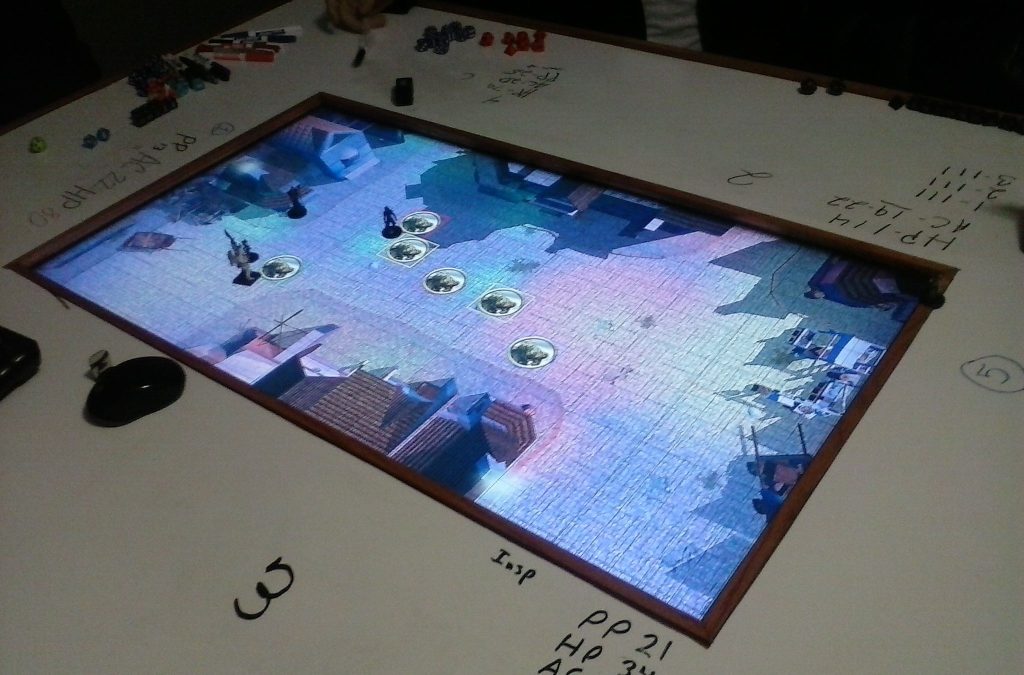
Music plays an essential role in shaping the overall experience of video games. Whether it’s the epic orchestral score accompanying a climactic battle or the haunting melodies setting the tone for an enchanted realm, soundtracks have the power to transport players into the captivating worlds of fantasy games. One particular genre of music that has had a significant impact on fantasy game soundtracks is classical music.
1. Emotion and Atmosphere
Classical music, with its rich and diverse range of emotions, is perfectly suited to evoke the desired atmosphere in fantasy games. The soaring melodies, dramatic crescendos, and delicate motifs help create a sense of wonder, mystery, and grandeur. Composers draw inspiration from classical masterpieces such as Beethoven’s Symphony No. 9, Mozart’s Requiem, and Tchaikovsky’s Swan Lake to infuse their game soundtracks with emotional depth.
2. Epic and Memorable Moments
Imagine entering a colossal castle, lit by flickering torches, as the chords of a powerful orchestra swell in the background. Classical music excels at enhancing epic moments, such as boss battles, epic quests, and pivotal story events. The intricate compositions of composers like Wagner, Holst, and Strauss inspire game developers to create awe-inspiring scenes that resonate with players long after they have put down their controllers.
3. Character and World Building
By weaving classical motifs into the soundtrack, composers can establish a unique musical identity for different characters, locations, and cultures within fantasy game worlds. Just as individual instruments contribute to an orchestra’s sound, specific musical themes become synonymous with particular characters or lands. This sonic differentiation enhances immersion and creates a more believable and fleshed-out universe for players to explore.
4. Evolving Narratives
Classical music’s ability to tell stories without words is particularly powerful in the context of fantasy game soundtracks. Through the use of leitmotifs, recurring musical themes associated with specific characters, places, or ideas, composers can weave intricate musical narratives that evolve alongside the game’s plot. This technique enhances storytelling and deepens the emotional connection between players and the game world.
5. Bridging Generations
Classical music holds a timeless quality that resonates with people of all ages. Incorporating classical elements into fantasy game soundtracks allows developers to bridge the generational gap, appealing to both long-time gamers and newer players. It creates a sense of familiarity for older players while introducing younger audiences to the beauty and richness of classical music, fostering an appreciation for the genre beyond the gaming experience.
Conclusion
The influence of classical music in fantasy game soundtracks cannot be overstated. From evoking emotions and creating memorable moments to building characters and nurturing evolving narratives, classical compositions breathe life into the virtual worlds players explore. As technology continues to advance, composers and developers have the opportunity to further harness the power of classical music, captivating players and enhancing their gaming experiences.


